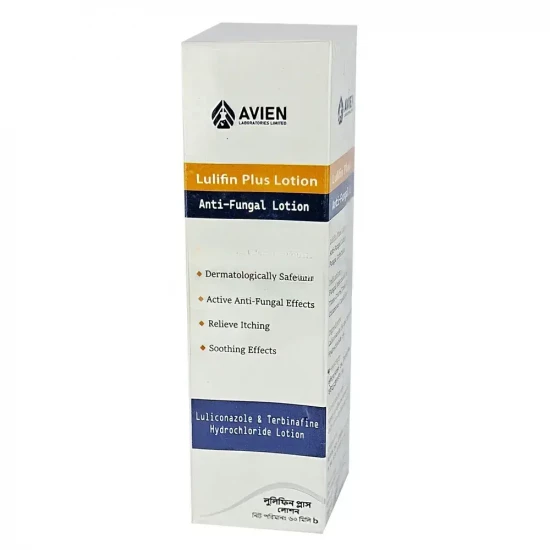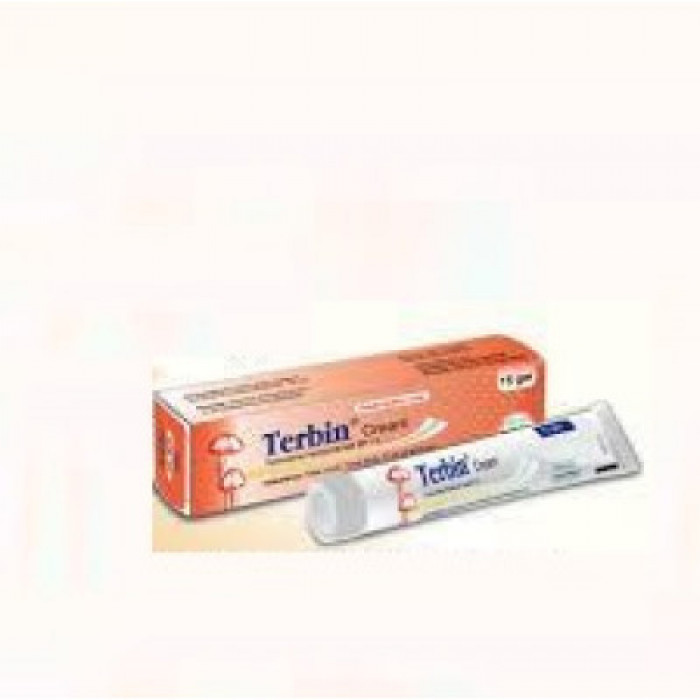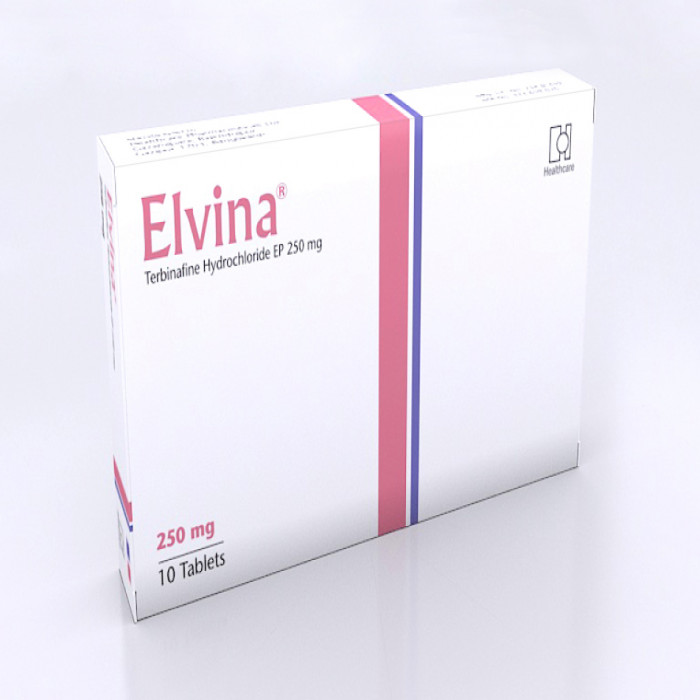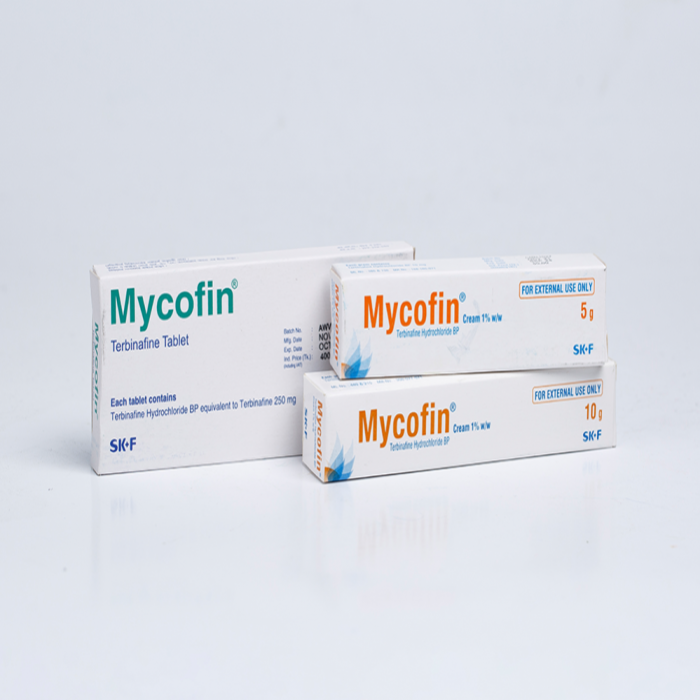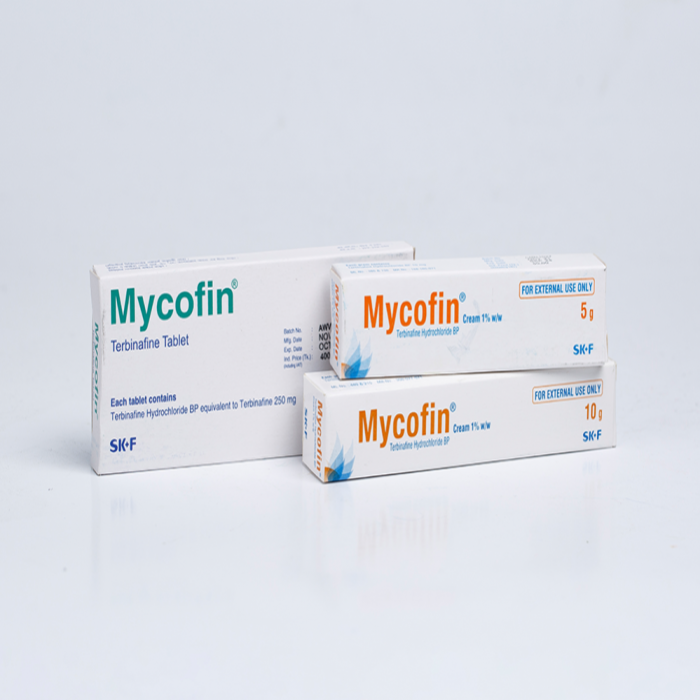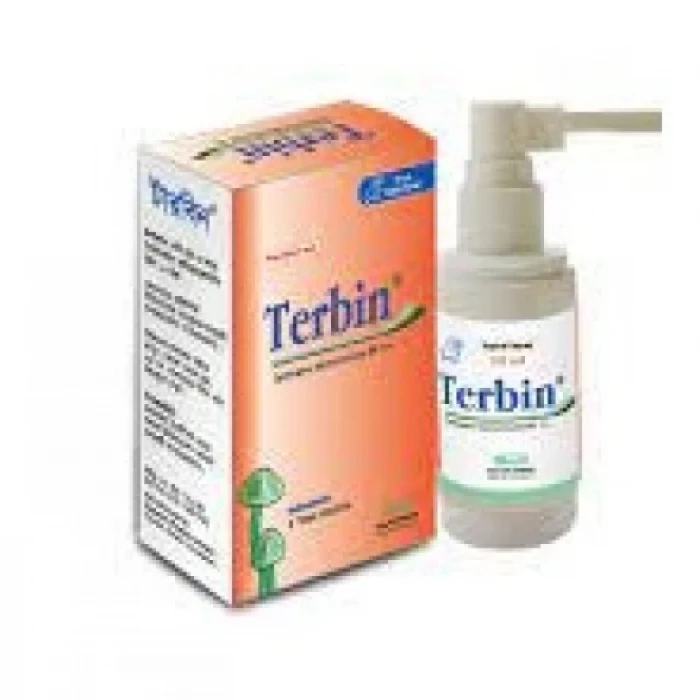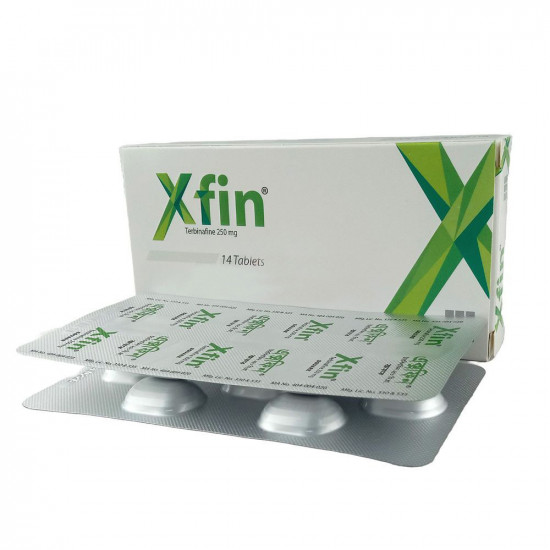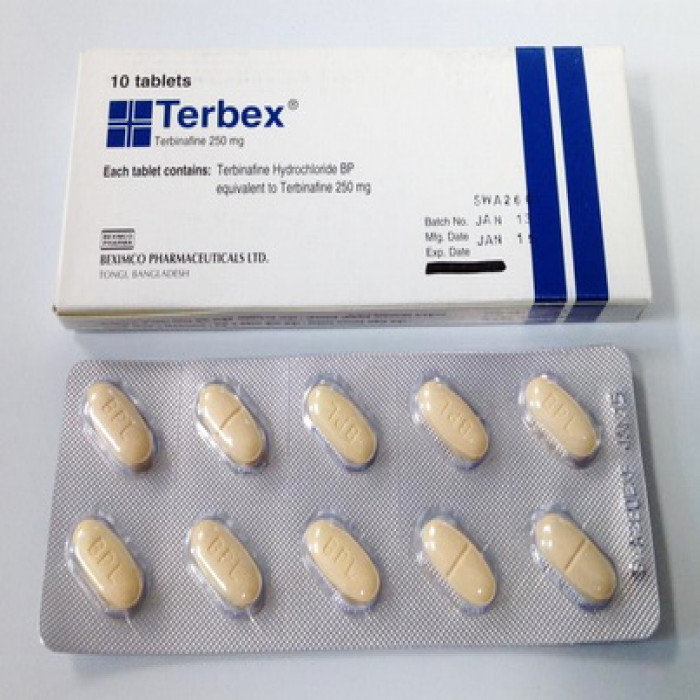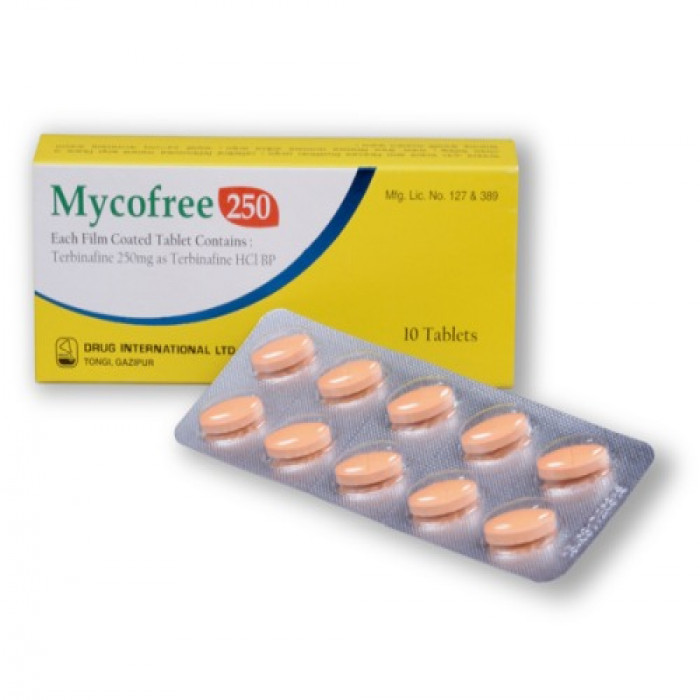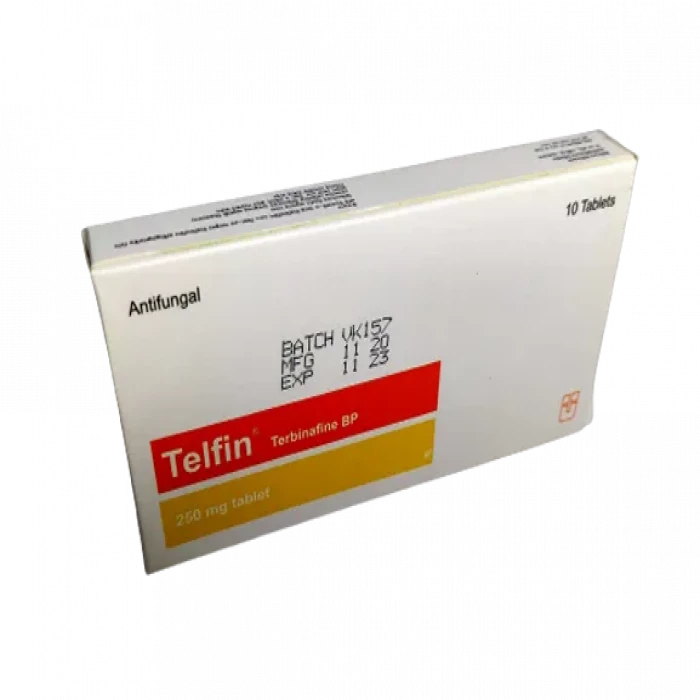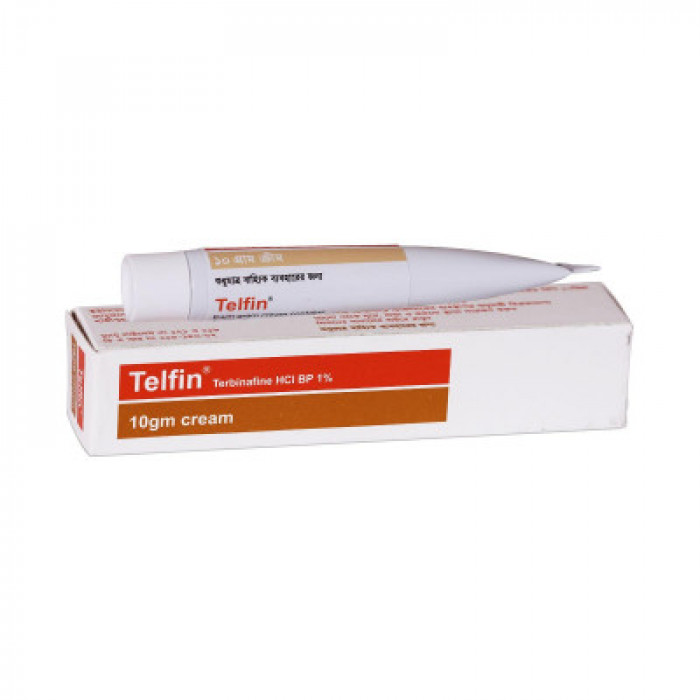
✔ 100% Authentic Product
👁️ Currently Viewing 13323
Telfin 1% Cream
Ringworm and other fungal infections of the skin and nails are all treated with Telfin Cream. It eliminates the fungus that is the source of the infection.
Discount
Price: ৳ 171
MRP:
৳
180
5%
Off

100% Genuine Products, Guaranteed

Safe & Secure Payments, Always

Fast, Secure & Efficient Delivery

Proper Packaging
 Cash on Delivery - All over Bangladesh
Cash on Delivery - All over Bangladesh Regular Delivery - 12-24 Hours, Dhaka City* Charge Tk.39-59
Regular Delivery - 12-24 Hours, Dhaka City* Charge Tk.39-59 Regular Delivery - 24-48 Hours, Other Cities* Charge Tk.99-110
Regular Delivery - 24-48 Hours, Other Cities* Charge Tk.99-110
 ফ্রি ডেলিভারিঃ - ৯৯৯ টাকা+ অর্ডারে, ঢাকা
শহরে
ফ্রি ডেলিভারিঃ - ৯৯৯ টাকা+ অর্ডারে, ঢাকা
শহরে ফ্রি ডেলিভারিঃ - ২৯৯৯ টাকা+ অর্ডারে, ঢাকার
বাহিরে
ফ্রি ডেলিভারিঃ - ২৯৯৯ টাকা+ অর্ডারে, ঢাকার
বাহিরে
100% Genuine Products, Guaranteed
Safe & Secure Payments, Always
Fast, Secure & Efficient Delivery
Proper Packaging
 Cash on Delivery - All over Bangladesh
Cash on Delivery - All over Bangladesh Regular Delivery - 12-24 Hours, Dhaka City* Charge Tk.39-59
Regular Delivery - 12-24 Hours, Dhaka City* Charge Tk.39-59 Regular Delivery - 24-48 Hours, Other Cities* Charge Tk.99-110
Regular Delivery - 24-48 Hours, Other Cities* Charge Tk.99-110 ফ্রি ডেলিভারিঃ - ৯৯৯ টাকা+ অর্ডারে, ঢাকা
শহরে
ফ্রি ডেলিভারিঃ - ৯৯৯ টাকা+ অর্ডারে, ঢাকা
শহরে ফ্রি ডেলিভারিঃ - ২৯৯৯ টাকা+ অর্ডারে, ঢাকার
বাহিরে
ফ্রি ডেলিভারিঃ - ২৯৯৯ টাকা+ অর্ডারে, ঢাকার
বাহিরে
✅ Description:
Telfin 1% Cream is an antifungal medication used to treat various fungal skin infections such as athlete's foot, jock itch, and ringworm. It works by damaging the cell membrane of the fungi, weakening and killing them, thus preventing the spread of the infection. Side effects are usually mild and may include irritation, burning sensation, itching, or redness at the site of application. It is important to apply this cream as directed by your doctor, avoiding direct contact with the eyes, nose, or mouth. Telfin 1% Cream should not be used if you are allergic to it and you should inform your doctor if you are using any other topical medications or have any other skin conditions. It is also important to consult your doctor if you are pregnant or breastfeeding before using this medicine. It is essential to complete the course of treatment with this medicine to avoid recurrence or worsening of the infection.
Safety Advices

Alcohol
No interaction found/established

Pregnancy
CONSULT YOUR DOCTOR
The use of Telfin 1% Cream is not recommended during pregnancy, as it may cause undesirable effects on the developing fetus. Please consult your doctor before use.

Breastfeeding
CONSULT YOUR DOCTOR
Telfin 1% Cream is not recommended for use in breastfeeding women unless recommended by your physician. Therefore, consult your doctor before using it.

Driving
CAUTION
Telfin 1% Cream does not interfere with your ability to drive or operate heavy machines. So, you can drive.

Kidney
No interaction found/established

Liver
No interaction found/established
✔️ Uses of Telfin 1% Cream
- Fungal skin Infections
✔️ How Telfin 1% Cream works?
Telfin 1% Cream is an antifungal medication that treats skin infections. It works by killing the fungi on the skin by destroying their cell membrane.
✔️ Side Effects of Telfin 1% Cream
- Application site reactions (burning, irritation, itching, and redness)
- Skin peeling
- Rash
- Indigestion
- Abnormal liver enzyme
- Itching
- Skin itching
- Discoloration of the skin
- Dry flaky skin
✔️ Quick Suggestions:
- Telfin 1% Cream helps treat skin infections caused by many different types of fungi.
- Finish the full course of treatment even if you feel better.
- It can take a few weeks for the infection to clear and a few months before the skin returns to its normal color.
- Apply an amount sufficient to cover the affected area and 1 inch of the immediate surrounding skin.
- It can make your skin more sensitive to the sun. Use broad-spectrum sunscreen and protective clothing when outdoors.
- Avoid getting in the eyes, nose, or mouth. If accidental exposure occurs, rinse immediately with plenty of water.
- Inform your doctor if the infection has not cleared up after four weeks of treatment.
✔️ Indication of Telfin 1% Cream
Telfin 1% Cream (Terbinafine) is used to treat a wide range of fungal infections of the skin and nails, including ringworm. It works by killing the fungi that cause the infection.
✔️ Pharmacology
By blocking the enzyme squalene epoxidase, the allylamine antifungal terbinafine prevents the biosynthesis of ergosterol, a crucial part of fungal cell membranes. Fungal cells die as a result, but not because of a lack of ergosterol; rather, it happens as a result of increased membrane permeability caused by the buildup of high squalene concentrations. Terbinafine hydrochloride can kill the fungus, depending on the drug's concentration and the in vitro tested fungal species. The clinical relevance of the in vitro data is unknown, though. Both in vitro and in clinical infections, terbinafine has been demonstrated to be effective against the majority of strains of the following microorganisms: Trichophyton Mentagrophyte and Trichophyton rubrum.
✔️ Dosage & Administration of Telfin 1% Cream
Terbinafine Cream:
- You can use terbinafine cream once or twice daily.
- Before applying the terbinafine cream, thoroughly clean and dry the affected areas.
- Apply a thin layer of the cream to the affected skin and the surrounding area, then gently rub it in.
The application may be covered with a gauze strip in the event of intertriginous infections (submammary, interdigital, intergluteal, or inguinal), especially at night. The following are the likely treatment durations:
- 1 to 2 weeks for tinea corporis and cruris.
- One week for tinnitus
- 2 weeks for cutaneous candidiasis
- 2 weeks for pityriasis Versicolor
Within a few days, the clinical symptoms are typically relieved. Recurrence is more likely with irregular use or early treatment termination. After two weeks, if there are still no signs of recovery, the diagnosis should be verified.
✔️ Interaction
Terbinafine is an inhibitor of the isoenzyme CYP450 2D6, according to in vivo studies. Tricyclic antidepressants, selective serotonin reuptake inhibitors, -receptor blockers, class 1C antiarrhythmic medications (like fluoro Carney and propafenone), and monoamine oxidase type inhibitors are among the classes of medications primarily metabolized by CYP450 2D6 isoenzymes. B. Terbinafine co-administration should be closely monitored, and the dose of the metabolite 2D6 may need to be decreased.
✔️ Contraindications
Terbinafine tablets and creams are contraindicated in people allergic to terbinafine.
✔️ Pregnancy & Lactation
Animal studies on fetal toxicity and fertility have not revealed any negative effects. Terbinafine should not be used in pregnant women because there is no clinical evidence that the potential benefits outweigh the potential risks. Because terbinafine is excreted in human milk, breastfeeding mothers shouldn't receive terbinafine treatment.
✔️ Precautions & Warnings
Terbinafine Cream is for external use only. Avoid contact with eyes.
Terbinafine is not recommended for use in children and adolescents (aged below 18 years).
✔️ Storage Conditions
Store in a cool and dry place, below 30°C, and protect from light.
⚠️Disclaimer:
At ePharma, we’re committed to providing accurate and accessible health information. However, all content is intended for informational purposes only and should not replace medical advice from a qualified physician. Please consult your healthcare provider for personalized guidance. We aim to support, not substitute, the doctor-patient relationship.




